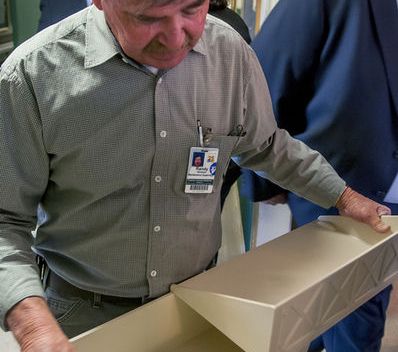
News
Crimestoppers program offered for senior center
When Winifred Miller isn’t wearing her large amethyst gold ring, it’s locked away in her private lockbox in ... Read more

When Winifred Miller isn’t wearing her large amethyst gold ring, it’s locked away in her private lockbox in ... Read more

FRANKLIN — When an employee at the Boys and Girls Club of Franklin-Simpson County was caught embezzling thousands ... Read more
A Bowling Green man fell victim to an international telephone scam Friday when someone called his home and ... Read more
The Bowling Green Police Department has been made aware of a caller ID scam affecting Bowling Green, Warren ... Read more
Police are warning people about a phone scam targeting credit and debit card holders. Officer Barry Pruitt, spokesman ... Read more
For nearly a week late last month, several local banks were targeted in an alleged check forgery scam. ... Read more
As retailers heavily promote online sales and customers rush to get cyber deals, consumer advocates are offering advice ... Read more
For many, tax season holds the promise of refund checks, but some people have received an unwelcome surprise ... Read more
Anna Chandler of Bowling Green was sitting with a friend Tuesday afternoon when her friend got a startling ... Read more

Crime Stoppers is teaming up with the Simpson County Sheriff’s Office to solve an alleged scam involving a ... Read more